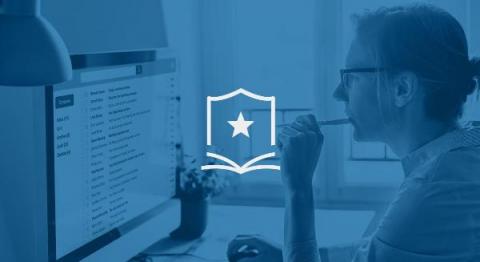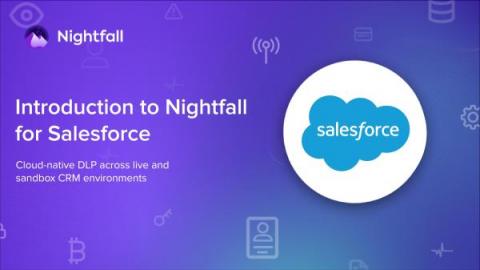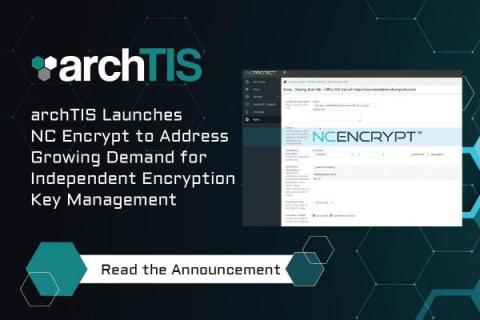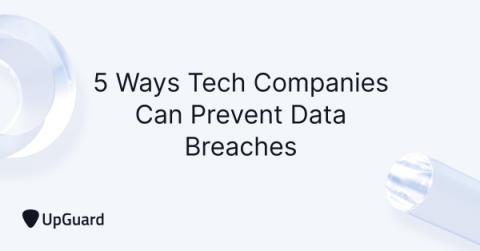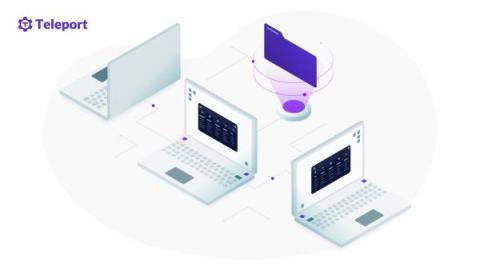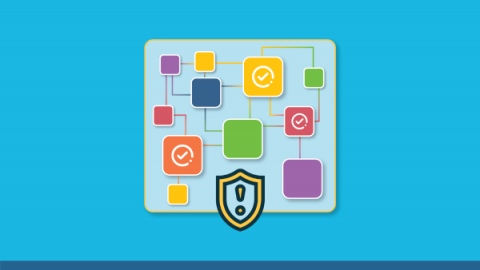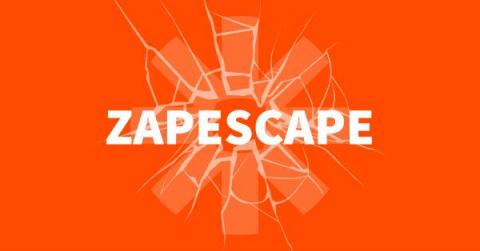Security | Threat Detection | Cyberattacks | DevSecOps | Compliance
Latest News
Now Available: Nightfall Expands Data Security and Compliance for Salesforce Customers
By design, Salesforce is an environment where customer PII and other sensitive information must be shared and stored. However, compliance regulations like PCI DSS, HIPAA, GDPR, CCPA, and others limit this storage and usage of customer data to only what’s justifiably required for an organization to carry out its duties. Even then, there are requirements for how this data should be stored – like whether it should be encrypted, for example.
How to End Password Reuse on the Web
Password reuse is a common practice amongst teams that can lead to a cybercriminal getting a hold of your online credentials. Despite knowing that it can leave your accounts compromised, a majority of people are still guilty of reusing their passwords. Results from an online security survey by Google and Harrison Poll found that: As cybercriminals use more sophisticated attacks, organizations must emphasize the importance of good cyber hygiene practices to prevent data breaches.
Introducing NC Encrypt - Independent Encryption Key Management and BYOK Support for Microsoft 365 and SharePoint Server
A Traveller's Guide to Staying Cyber safe
With the massive increase in mobile device sales worldwide, it is easy to imagine that the number of people using the internet while travelling has also increased significantly in recent years. With this growth in online activity comes a greater risk of becoming a victim of cybercrime. There are a number of steps that travellers can take to protect themselves from becoming targets of cybercrime. Here are 10 tips for staying cyber safe while travelling.
5 Ways Tech Companies Can Prevent Data Breaches
The technology industry has unlocked innovation across all sectors as an enabler of digital transformation. Most organizations are now outsourcing critical operations to tech companies, such as cloud providers. Tech vendors are now left to manage an ever-growing volume of sensitive data, which they must secure effectively to prevent large-scale data breaches. IBM and Ponemon Institute’s 2022 Cost of a Data Breach Report found a record high average breach cost of US$4.35 million.
Directory Sharing in a Web-Based RDP Client Using the File System Access API
Remote Desktop Protocol (RDP) is a protocol developed by Microsoft which at its core is designed to give users a graphical interface to a remote Windows computer over a network connection. The remote Windows machine runs an RDP server, while the local computer accessing it runs an RDP client. Windows comes bundled with Microsoft's Remote Desktop Connection to easily access Windows hosts over RDP.
Security Challenges in Microservices
Before the rise of cloud computing and small autonomous services built with containers, a typical application would consist of a monolith of code with a frontend, a backend and a database. Developers would take extra caution when updating their code because any change or bug could affect the entire application. As an alternative, microservices broke down applications into small interconnected services — each responsible for their discrete function, collaborating using APIs.
ZAPESCAPE: Organization-wide control over Code by Zapier
In the middle of March 2022, Zenity research team discovered a sandbox-escape vulnerability in Code by Zapier, a service used by Zapier to execute custom code as part of a Zap. Exploiting this vulnerability, any user could take full control over the execution environment of their entire account allowing them to manipulate results and steal sensitive data. For example, a Zapier user could take control over the admin’s custom code execution environment.
Analysis and Remediation Guidance of CSRF Vulnerability in Csurf Express.js Middleware
On 28th of August fortbridge.co.uk reported a vulnerability in csurf middleware – expressjs supporting library that enables CSRF protection in expressjs. As of 13th of September csurf library has been deprecated with no plans to fix the vulnerabilities. There is no viable alternative for csurf middleware now.


